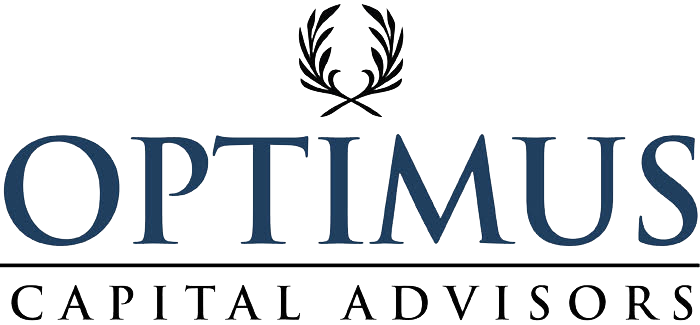The Bear in China
While U.S. investors are coping with bear market returns, Chinese stock investors are experiencing a fire sale. The Hang Seng China Enterprises Index lost a total of 9% of its value last week, falling to its lowest level since 2008. Chinese companies listed on U.S. exchanges fared even worse, dropping 21% on Friday.
Ordinarily, these huge dips represent an overreaction and a big buying opportunity, but among funds that are investing in China, there is little appetite to move back into the market. The market drop represents a negative response among business leaders to the events at China’s twice-a-decade party congress, where President Xi Jinping stacked the country’s leadership ranks with allies, clearing away opposition to Xi and opening the door for the the party to exert greater state control over Chinese markets and the Chinese economy overall.
Government interference in which companies succeed and fail, and the Chinese habit of propping up unprofitable enterprises run by government cronies, has made it hard to predict future earnings and growth—which are the drivers of building stock value. Adding to the negative outlook is an initiative by the U.S. and its global allies (Europe, Canada, Japan, South Korea and Australia) to limit shipments of chip production equipment to China, cutting semiconductor technology out of China.
Piling on to the gloomy expectations about China’s future is the huge debt crisis in the country’s real estate sector, most prominently led by the huge Chinese development company Evergrande, whose finances are a few rungs below bankruptcy at this point, even though the company is too big a part of the Chinese economy to be allowed to fail. People who have bought homes from the real estate giant are now refusing to pay their mortgages, due to chronic construction delays. In the U.S., structural problems like these would be easily handled, but real estate and property sectors account for a quarter of China’s total gross domestic product. Evergrande and the Kaisa and Shimao development companies collectively are carrying liabilities in excess of $300 billion, and no bailout is in sight.
Sources:
https://www.advisorperspectives.com/articles/2022/10/28/xi-leaves-china-stocks-in-tatters-with-record-post-congress-drop
https://www.cnbc.com/2022/10/25/china-property-why-beijing-wont-bail-out-its-real-estate-sector.html

